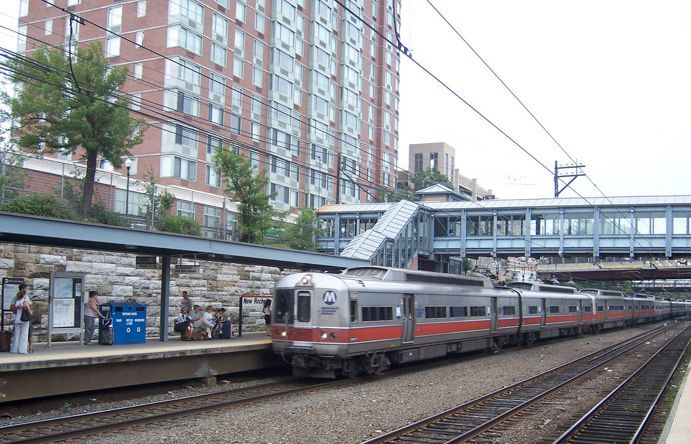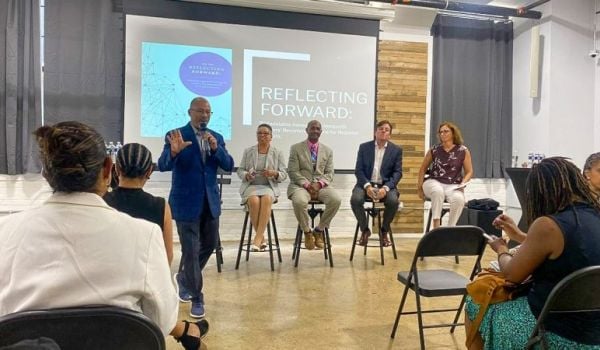The decision by the Congress in early 2009 to expand the credit individuals can take out on their income tax returns for the purposes of transit commuting was an important step forward in the effort to improve the federal commitment to alternative modes of transportation. Prior to that decision, while those commuting by car could take advantage of a $230 monthly tax credit on parking, transit users could only declare $120. That was blatantly unfair to public transportation riders, and the law recognized that fact by allowing them to declare as much as drivers.
Now Congressional inaction could revert that sum to the original amount, since the measure was only temporary. If no law is passed before the end of the year, transit commuters will again be treated as transportation inferiors, at least according to the Internal Revenue Service.
The tax credit allows commuters to deduct their monthly spending on transportation, up to a set limit, from their income taxes. The amount people save thus depends on their overall tax rates defined by their income brackets.
It’s worth noting who exactly will be affected by this law. Users of most intra-city transit lines would see no change, since there are few (if any) local systems with monthly passes that cost more than $120. Yet there are plenty of commuter railroads that charge more. People riding Philadelphia’s SEPTA regional rail outside of the city pay between $127 and $191 for monthly passes. On the Metro-North line that runs to Grand Central Terminal, commuters from Stamford set down $258.72 a month — and from New Haven, people pay even more: $386.12.
The Transit Center, which makes its money from the distribution of transit tax rebates, released a report this week that suggests that the total amount commuters will spend could increase costs by 22% on average. This, the study claims, could be enough to reduce transit patronage significantly. That would mean more cars on the road, less economic productivity, and fewer ticket receipts for public transportation agencies.
Fortunately, that may not be a problem. The New York Times quotes Mark Luscombe, principal federal tax analyst at CCH, as saying that “most people people think [the tax credit] is likely to get extended.” Senators are planning to introduce the proposal along with another set of tax issues during the December session, which will take place before the congressional changeover brought on by this month’s elections. If they fail top approve the extension of the credit, they will be implicitly encouraging driving over public transit use through official policy.
Of course, the transit tax benefit has its problems as well. Most of the increase in subsidy will go to people who live in relatively distant suburbs of major cities; this means it’s not much of progressive policy, at least between transit users. And because of its reliance on income tax refunds to distribute commuting subsidies, people who depend on transit but do not hold down steady jobs are generally left out of the game — and they are the people who arguably need transportation aid the most. To be achieved, true transportation equity needs much bigger thinking than the equalization of tax credits.

Yonah Freemark is a senior research associate in the Metropolitan Housing and Communities Policy Center at the Urban Institute, where he is the research director of the Land Use Lab at Urban. His research focuses on the intersection of land use, affordable housing, transportation, and governance.
















